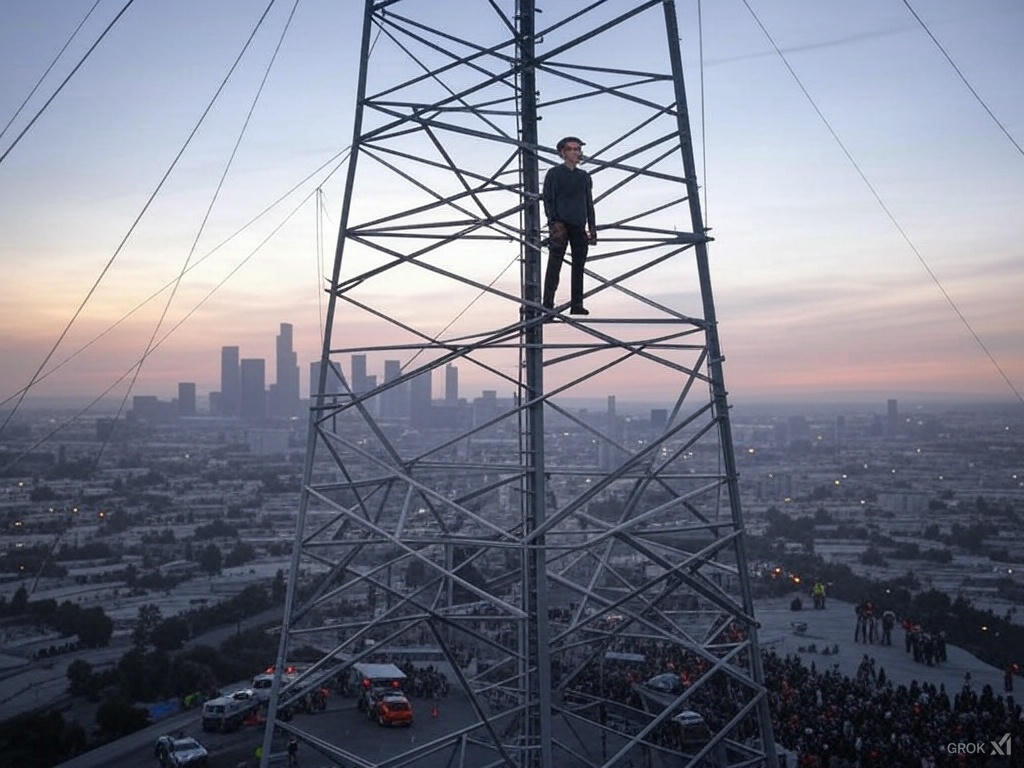In the quiet town of Southwick, where tranquility was as common as the autumn leaves falling, the North Pond Conservation Area stood as a serene retreat for nature enthusiasts and families alike. However, on a crisp October afternoon, the peace was shattered not by the chatter of wildlife but by the cacophony of human discord.
It started innocuously enough, a small gathering by the parking lot adjacent to the pond. A group of young adults, perhaps unwinding from the week’s labor, had brought along a portable speaker, which they cranked up to fill the air with pulsating beats. Initially, the music was a mere background to the sounds of the forest, but as the decibels climbed, so did the irritation of nearby visitors.
Among those visitors was Mr. Harold Jennings, a retiree known in Southwick for his love of birdwatching and his equally well-known disdain for disruption. Harold had come to the conservation area to capture the serene calls of migrating birds, not the thumping bass of modern pop. After several minutes of endured noise, he decided enough was enough. With his binoculars still hanging around his neck, he approached the group.
“Excuse me,” Harold’s voice was calm but firm, “could you please turn down the music? Some of us are here for the quiet.”
The response was not what he expected. One of the group, a burly fellow with tattoos spiraling up his arms, stepped forward, his posture aggressive. “Mind your own business, old man,” he sneered, the music still blaring behind him.
Harold, not one to back down, retorted, “This is my business when it’s public property and you’re disturbing everyone!”
What followed was a rapid escalation. Words flew, tempers flared, and within moments, the verbal spar turned physical. Someone pushed Harold, who stumbled but was caught by another onlooker. This act of aggression was like a spark to dry tinder. Bystanders, some siding with Harold, others with the music group, began to clash. Fists were thrown, shouts filled the air, and soon, the parking lot resembled more a battlefield than a public recreation area.
A young woman, who had been jogging nearby, pulled out her phone and started recording. The video captured the chaos: bodies pushing, shouting matches, and Harold at the center, trying to maintain his composure but visibly shaken. It was this video that went viral, not just in Southwick but across social media platforms, tagged with titles like “Nature’s Wrath” and “Southwick’s Shame.”
The fallout was swift. Town officials, once complacent in their oversight of the conservation area, were now facing a public outcry. They held emergency meetings, discussing new regulations, increased patrols, and even potential fines for noise disturbances. The local police, who arrived too late to stop the brawl, promised more visible presence in the future.
In the days that followed, Southwick’s community forums buzzed with debate. Some supported stricter rules, seeing the incident as a symptom of a broader decline in public respect. Others felt it was an isolated event, blown out of proportion by the digital age’s love for drama.
Harold Jennings, meanwhile, became somewhat of a local figurehead, albeit one he never sought. He received both scorn and support, with many thanking him for standing up but also cautioning against such confrontations in the future.
The brawl at North Pond became a cautionary tale, a reminder that peace, like nature, needs careful conservation. And while the pond’s waters might settle back to stillness, the ripples of that day’s events would echo through Southwick’s community for years to come, prompting a reevaluation of public spaces, community values, and the thin veneer of civilization that often covers human interaction.






